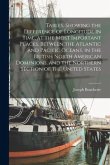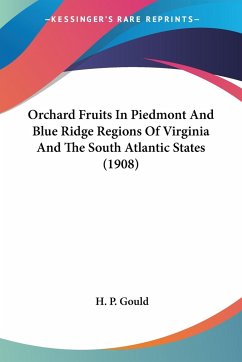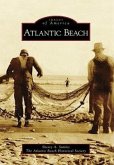Through networks of trails and rivers inland and established ocean routes across the seas, seventeenth-century Virginians were connected to a vibrant Atlantic world. They routinely traded with adjacent Native Americans and received ships from England, the Netherlands, and other English and Dutch colonies, while maintaining less direct connections to Africa and to French and Spanish colonies. Their Atlantic world emerged from the movement of goods and services, but trade routes quickly became equally important in the transfer of people and information. Much seventeenth-century historiography, however, still assumes that each North American colony operated as a largely self-contained entity and interacted with other colonies only indirectly, through London. By contrast, in Atlantic Virginia, historian April Lee Hatfield demonstrates that the colonies actually had vibrant interchange with each other and with peoples throughout the hemisphere, as well as with Europeans.
Hinweis: Dieser Artikel kann nur an eine deutsche Lieferadresse ausgeliefert werden.
Hinweis: Dieser Artikel kann nur an eine deutsche Lieferadresse ausgeliefert werden.








